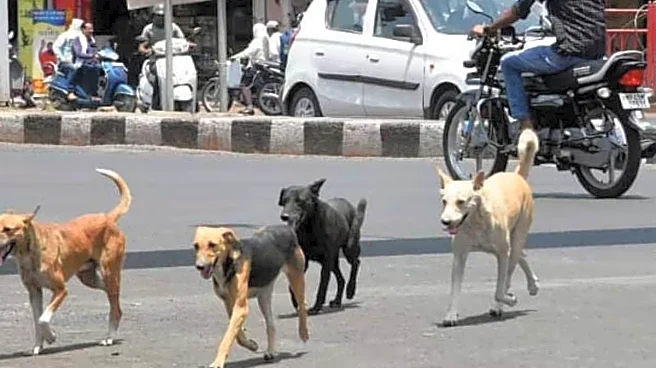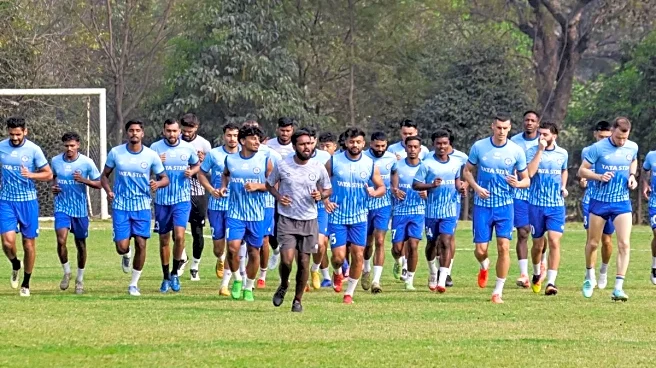The Supreme Court of India is scheduled to hear a significant suo motu case concerning stray dogs across the country on Monday. The case is slated to be heard by a three-judge special bench, as listed
in the apex court’s causelist, comprising Justice Vikram Nath, Justice Sandeep Mehta, and Justice NV Anjaria. This hearing is expected to further shape the national policy on managing the human-animal conflict in public spaces.
The case, which originated in late July over media reports highlighting fatal stray dog attacks and rabies-related deaths in the Delhi-National Capital Region (NCR), has seen rapid and sometimes conflicting judicial developments. Initially, a two-judge bench had issued a sweeping order on August 11, directing authorities to round up all stray dogs in the NCR and confine them permanently to shelters, a move that sparked widespread protests from animal welfare activists who argued it was impractical and inhumane.
The scope of the case was significantly expanded on August 22, when the current special three-judge bench modified the earlier “too harsh” order and impleaded all states and union territories (UTs). The court directed that all similar matters pending in High Courts across India be transferred to the Supreme Court to facilitate a single, cohesive “final national policy or decision” on the issue, given the uniform application of the Animal Birth Control (ABC) Rules, 2023.
The modified August 22 order was seen as a measure to balance public safety with animal welfare. It mandated that stray dogs picked up must be sterilised, dewormed, vaccinated, and then released back to the same area from which they were captured, provided they did not exhibit signs of rabies or aggressive behaviour. Crucially, the bench also prohibited the feeding of stray dogs in public places outside of designated feeding spots established by municipal bodies, a move designed to regulate the stray population’s behaviour and interaction with the public.
Ahead of the October 27 hearing, municipal authorities, particularly in Delhi-NCR, have been ordered to file affidavits detailing their compliance with the ABC Rules. These reports must include complete statistics on available resources such as dog pounds, veterinarians, dog-catching personnel, and specially modified vehicles. The upcoming session is anticipated to review these compliance reports and potentially issue clearer, enforceable guidelines for a sustainable, nationwide approach to managing India’s large stray dog population.


/images/ppid_a911dc6a-image-177100358713419284.webp)

/images/ppid_a911dc6a-image-177100354234781292.webp)
/images/ppid_a911dc6a-image-177100362541962778.webp)
/images/ppid_a911dc6a-image-177100367228935407.webp)


/images/ppid_a911dc6a-image-177100352975279320.webp)

/images/ppid_59c68470-image-177100254364289407.webp)

/images/ppid_59c68470-image-177100253375756091.webp)